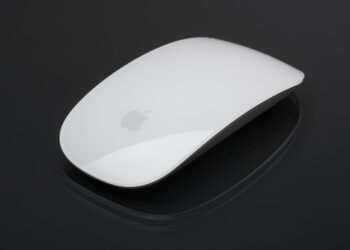Robots in Healthcare: How Technology is Transforming Patient Care
The integration of robots into the healthcare industry has dramatically transformed the way patient care is delivered. These technological advancements have paved the way for improved efficiency, accuracy, and patient outcomes. From performing surgeries to delivering medication, robots are revolutionizing healthcare in countless ways.
One of the most significant roles of robots in healthcare is in surgical procedures. Robotic-assisted surgery allows for more precise movements and smaller incisions, resulting in reduced pain, shorter recovery times, and fewer complications for patients. Surgeons can now control robotic arms to perform intricate procedures with greater precision than ever before. Additionally, robots can be programmed to perform repetitive tasks, freeing up human healthcare providers to focus on more complex aspects of patient care.
In addition to surgical procedures, robots are also being used to help with medication management and delivery. Automated medication dispensing systems can accurately measure and dispense medications to patients, reducing the risk of errors and ensuring patients receive the correct dosage at the right time. Robots can also assist with monitoring patients’ vital signs and other health metrics, providing healthcare providers with real-time data to make informed decisions about patient care.
Robots are also being used to assist with tasks such as cleaning and disinfecting hospital rooms, transporting supplies, and even interacting with patients. These robots help to reduce the risk of hospital-acquired infections, improve operational efficiency, and provide companionship for patients who may be isolated or in need of extra support.
While the integration of robots in healthcare has numerous benefits, it is important to recognize that they are not meant to replace human healthcare providers. Rather, robots are designed to complement and enhance the care provided by doctors, nurses, and other healthcare professionals. By leveraging the capabilities of robots, healthcare providers can deliver more personalized, efficient, and effective care to their patients.
As technology continues to advance, the role of robots in healthcare will only continue to grow. From performing surgeries to delivering medication, robots are revolutionizing patient care in ways that were once unimaginable. By embracing these technological advancements, healthcare providers can improve patient outcomes, streamline processes, and enhance the overall quality of care provided to patients. Robots are truly transforming the healthcare industry and shaping the future of patient care.








